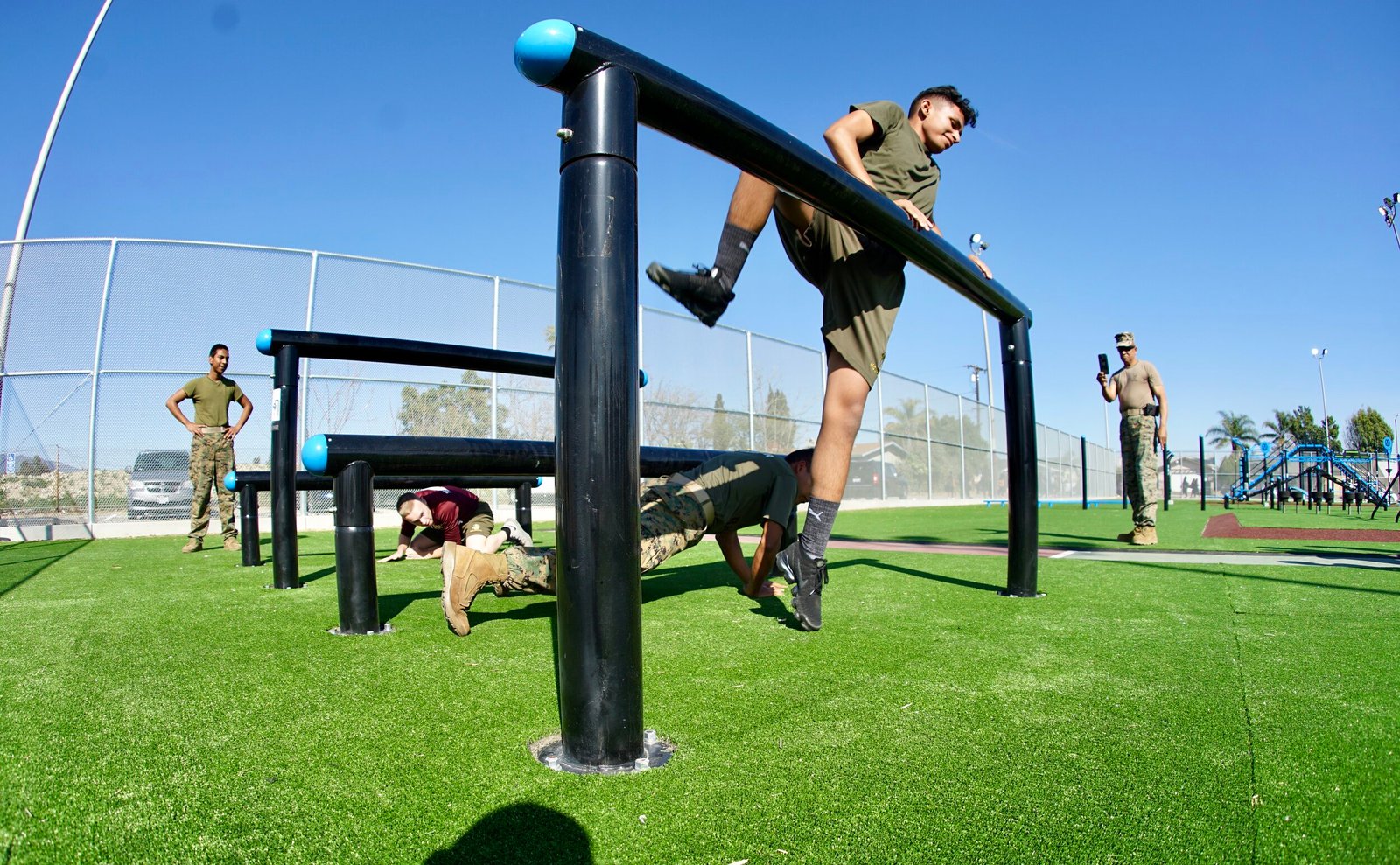The Benefits of Cross-Training for Obstacle Races
Cross-training, an integral part of preparation for obstacle races like Metro Dash®, offers numerous benefits that enhance performance and overall fitness. Here’s a comprehensive look at why cross-training is essential for obstacle race preparation:
1. Improved Overall Fitness
Cross-training involves varying workouts to target different muscle groups and energy systems beyond those typically engaged in running or strength training alone. This holistic approach improves cardiovascular endurance, muscular strength, flexibility, and balance.
2. Injury Prevention
By engaging in diverse activities, cross-training helps reduce the risk of overuse injuries common in repetitive training. Alternating between different exercises and sports prevents strain on specific muscles and joints, promoting overall musculoskeletal health.
3. Enhanced Muscular Strength and Endurance
Obstacle races require participants to navigate various physical challenges, such as climbing walls, crawling under obstacles, and carrying weights. Cross-training incorporates strength exercises like weightlifting, bodyweight exercises, and resistance training, improving muscle strength and endurance critical for overcoming obstacles.

4. Improved Flexibility and Mobility
Activities like yoga, Pilates, and dynamic stretching included in cross-training routines enhance flexibility and joint mobility. This flexibility is beneficial for navigating obstacles that require bending, twisting, or stretching movements.
5. Cardiovascular Conditioning
Cross-training includes aerobic activities such as swimming, cycling, and rowing, which enhance cardiovascular fitness beyond running alone. Improved cardiovascular endurance enables participants to sustain effort throughout the race, including running segments and high-intensity obstacle challenges.
6. Mental Resilience
Variety in training prevents monotony and boredom, keeping participants mentally engaged and motivated. Cross-training introduces new challenges and skills, fostering mental resilience necessary for overcoming obstacles and persevering through fatigue during races.
7. Skill Development and Technique Refinement
Cross-training allows participants to develop and refine skills specific to obstacle races, such as balance, agility, and coordination. Activities like rock climbing, martial arts, and agility drills simulate race conditions, improving technique and efficiency in navigating obstacles.
8. Optimal Race-Day Performance
Combining different training modalities prepares participants for the unpredictable nature of obstacle races. Cross-training enhances adaptability and prepares athletes to handle varied terrains, weather conditions, and unexpected challenges encountered during the race.
9. Recovery and Active Rest
Incorporating low-impact activities like swimming or cycling on recovery days promotes active recovery, aiding muscle repair and reducing post-training soreness. Cross-training balances intensity and recovery, optimizing training adaptations and overall performance.
10. Long-Term Fitness and Injury Resilience
Cross-training promotes a well-rounded fitness foundation that supports long-term health and fitness goals beyond race preparation. The diversity in activities reduces the risk of burnout, sustains motivation, and encourages lifelong participation in physical activity.
Conclusion
Cross-training is indispensable for preparing for obstacle races like Metro Dash® by improving overall fitness, preventing injuries, enhancing strength and endurance, and developing mental resilience and technical skills. By incorporating a variety of activities into your training regimen, you can maximize performance potential, adaptability, and enjoyment during obstacle race events. Embrace the diversity and benefits of cross-training to excel in urban fitness challenges and achieve your race goals effectively.



